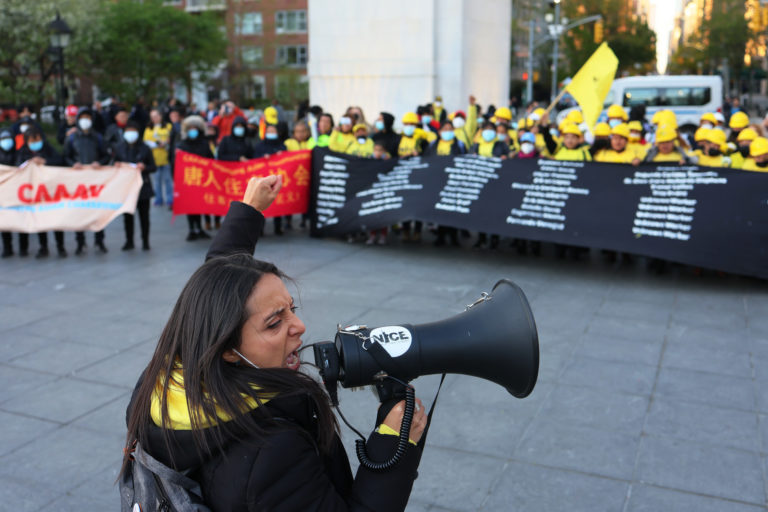Martin Drake is a student at Harvard Law School.
The number of blue-collar jobs is growing at its fastest rate in 30 years, the Washington Post reports. Jobs in goods-producing industries, such as mining, construction and manufacturing, grew 3.3 percent in the year preceding July, the best rate since 1984, according to the Post. According to the Brookings Institution, the hiring boom has brought jobs to many small towns and rural areas that strongly support President Trump, just ahead of November’s midterm elections. The drivers of the newfound hiring are rising oil prices and a need to rebuild after Hurricanes Irma and Harvey.
Amidst a growing demand for high-quality child care programs and low pay in the sector, the U.S. is seeing a shortage of child-care workers, Fox Business reports. In Seattle, the fastest growing U.S. big city, skyrocketing demand combined with low supply of workers has seen costs reaching about $2,000 monthly per child. Child care workers in the U.S. make less than parking lot attendants and dog-walkers, according to Marcy Whitebrook, co-director of the University of California, Berkeley’s Center for the Study of Child Care Employment. Some child care centers are so overbooked in Seattle, New York and San Francisco that potential parents pay for waiting list spots before they have even conceived.
Amazon has patented a technological system that would put its warehouse workers in cages affixed on top of robots, Seattle Times reports. The patent was granted by the U.S. Patent and Trademark office in 2016, and details a caged work space sitting on top of the robotic trolleys that now truck shelves around Amazon warehouses. The design attempts to allow humans to safely enter robot-only zones in Amazon facilities in order to make repairs or pick up dropped objects. Researchers who highlighted the patent called it “an extraordinary illustration of worker alienation, a stark moment in the relationship between humans and machines.” Amazon says it has no plans to put the technology to use.
Britain’s Labour party has put forth a proposal to make UK companies with over 250 employees set up “ownership funds” in order to give workers ownership shares in their firms, the New York Times reports. Labour MP John McDonnell said he would introduce such legislation in the first year of a Labour government as part of the party’s vision to “shift wealth and power in favor of working people.” Britain is not due to hold a new election until 2022, but McDonnell expects the current government to “fall apart in the next six months.”






Daily News & Commentary
Start your day with our roundup of the latest labor developments. See all
December 22
Worker-friendly legislation enacted in New York; UW Professor wins free speech case; Trucking company ordered to pay $23 million to Teamsters.
December 21
Argentine unions march against labor law reform; WNBA players vote to authorize a strike; and the NLRB prepares to clear its backlog.
December 19
Labor law professors file an amici curiae and the NLRB regains quorum.
December 18
New Jersey adopts disparate impact rules; Teamsters oppose railroad merger; court pauses more shutdown layoffs.
December 17
The TSA suspends a labor union representing 47,000 officers for a second time; the Trump administration seeks to recruit over 1,000 artificial intelligence experts to the federal workforce; and the New York Times reports on the tumultuous changes that U.S. labor relations has seen over the past year.
December 16
Second Circuit affirms dismissal of former collegiate athletes’ antitrust suit; UPS will invest $120 million in truck-unloading robots; Sharon Block argues there are reasons for optimism about labor’s future.